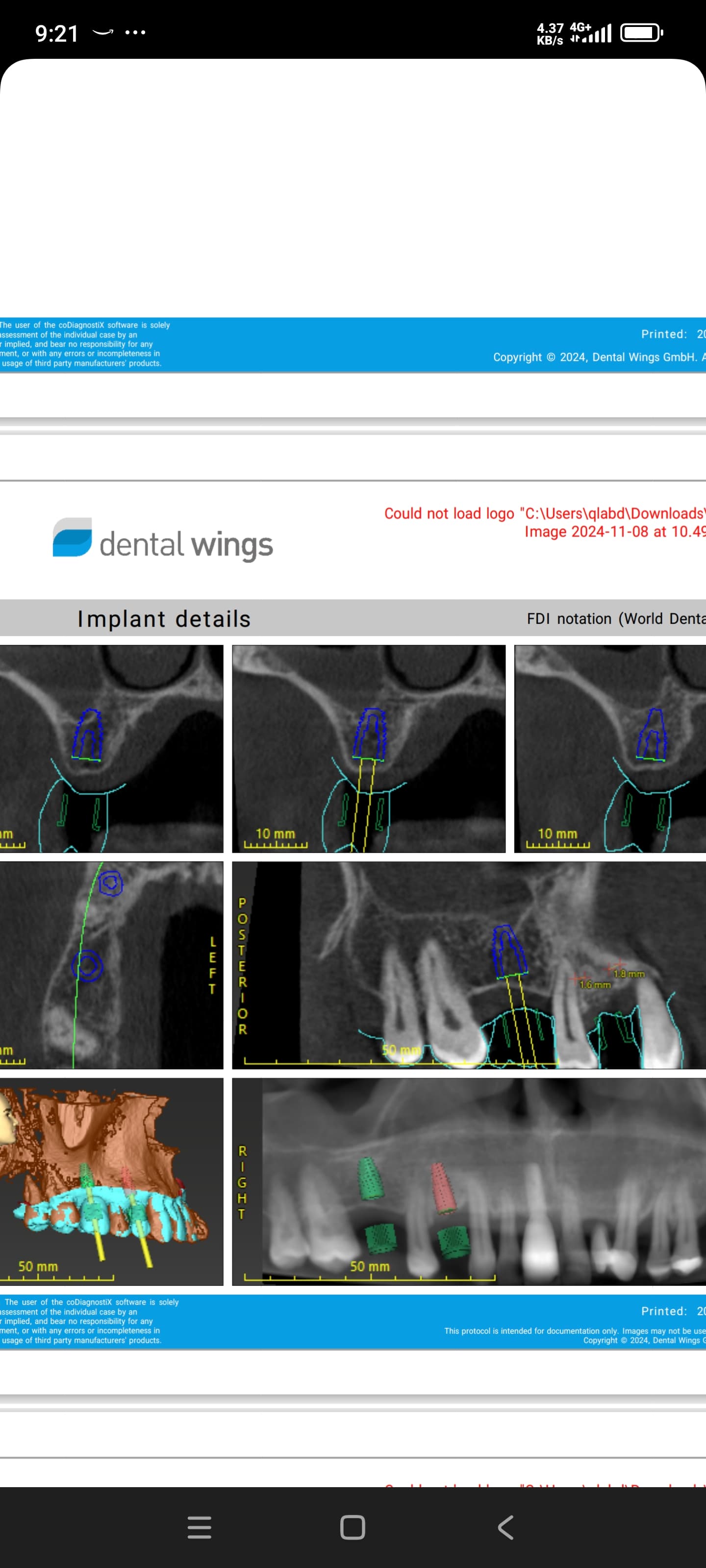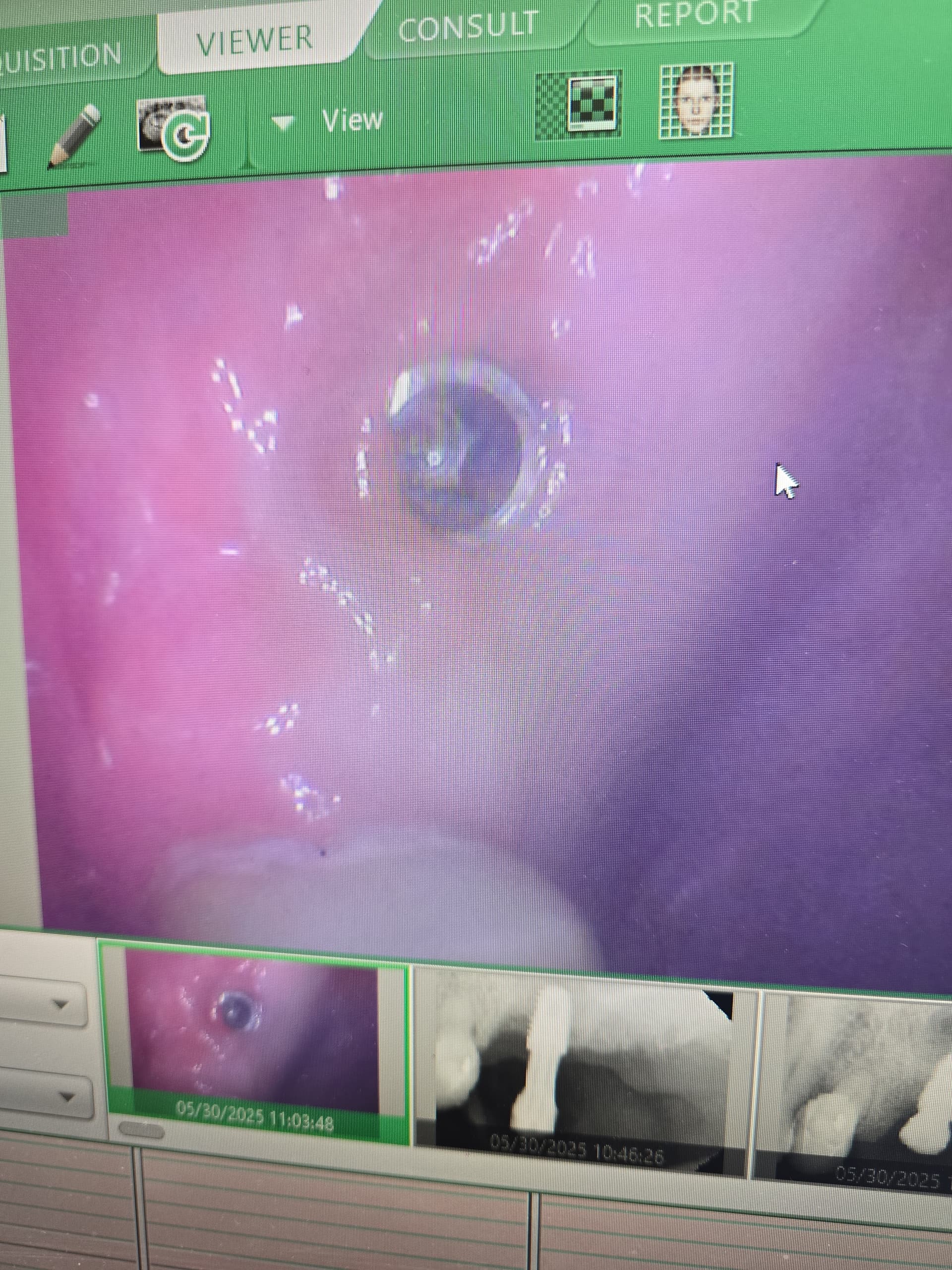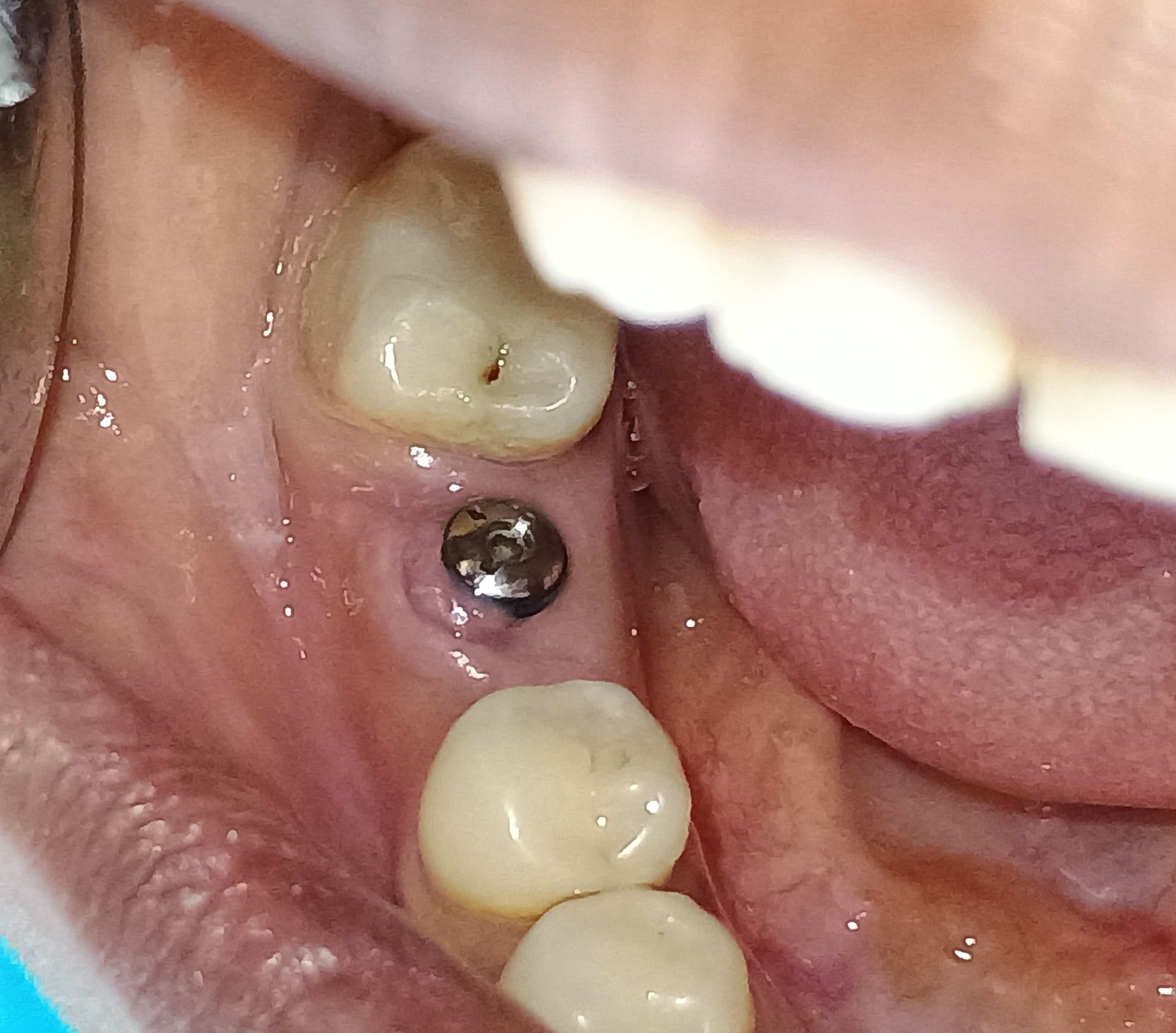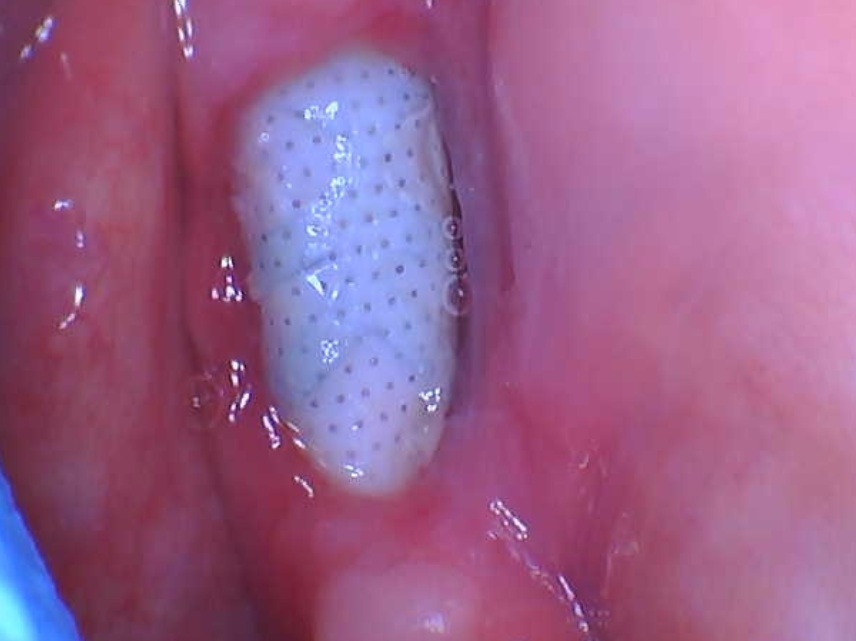I realize at this point, it is too late to answer the question for Dr. K, but I feel my two cents is necessary. First off, just because she has a "funny feeling" DOES not necessarily mean that it's a good sign. It could be, yes. But it could also be dysesthesia, which would not be such a great sign. Second, on the decision to instruct your patient to more or less overdose on NSAIDs, it is not one that I personally would be comfortable with. A short, low dose course of prednisilone would be for better tolerated, more effective, and has less potential to cause devastation to the GI tract if only used for a short time. If the goal is to reduce inflammation, which I assume it is, to reduce possible compression of the nerve, the corticosteroids will do a far better job.
You might also consider CBCT if there is any question that the nerve has been injured. It may seem a bit excessive, but the cost is far less than paying for legal defense. More important, it is minuscule compared to the cost paid by your patient, not only financially, but also in reduction of quality of life. As to your question of what you should be doing at this point? I will say it as politely as possible. Number one, REFER. Better late than never does NOT apply here. If you are uncomfortable or unsure of what to do or what is causing this, refer to someone who can help. It is not a sign of weakness, it is a sign of strength to be able to admit that you do not know. A patient deserves to be treated by someone who knows what to look for and how to treat it. If I were this patient, I would far prefer a referral and honest "I don't know" than to be used as a guinea pig. And please, to any of you out there, if you don't have the knowledge or experience to be placing implants, including the complications that can arise in the practice, don't put a patient through the unnecessary pain and possibly permanent suffering. It is never too late to admit that you don't know everything and refer. Any patient with complications will thank you for this. Wasting too much time deciding can lead to permanent nerve damage, if the nerve is in fact damaged. Please do provide an update. A few of us are curious to know what the outcome was.














